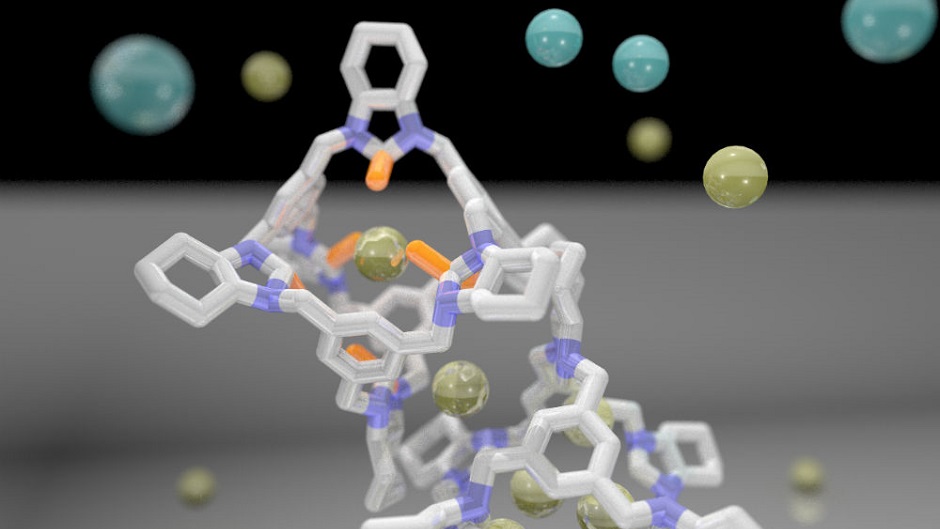18 Dec 2019
The work of researchers at Xi’an Jiaotong-Liverpool University and the University of Liverpool may help to advance the possibility of using controlled nuclear fusion – a carbon-free technology – as a power source.
Dr Lifeng Ding and his PhD student Siyuan Yang from the Department of Chemistry at XJTLU collaborated with scientists from the University of Liverpool in the United Kingdom to solve a challenging problem – how to efficiently obtain high-purity deuterium, a potential fuel source for controlled nuclear fusion reactors.

“Controlled nuclear fusion has good potential to outperform any clean energy technology currently in use,” Dr Ding said. “It is considered to be the ultimate green energy.
“However, finding a stable source for its fuel is difficult.
“The hydrogen isotope deuterium is a potential fuel for controlled nuclear fusion, but in nature, it is rather dilute, which makes it expensive.
“High-purity, or enriched, deuterium is usually obtained by separating deuterium out from a hydrogen-deuterium gas mixture. But the current technologies to accomplish this separation are energy-intensive and inefficient.”
To address this challenge, the combined team, led by Professor Andrew Cooper FRS of the University of Liverpool, designed a novel type of material that can efficiently separate deuterium from the gas mixture through a process known as kinetic quantum sieving (KQS).
“This material, known as hybrid porous organic cages, provides a cost-effective separation technology to enrich deuterium,” Dr Ding said.
“It is successful both in adsorption of a high amount of deuterium and selection of the deuterium molecules from the gas mixture.
“Because of its high yields, it has good potential to be scaled up for practical industrial applications.”
Dr Ding and Yang contributed to the theoretical modelling of the separation process, using computer models to learn what occurs at a molecular level that results in the material’s high performance.
“Using molecular modelling, we investigate and learn how adsorption and separation happen inside the material,” Dr Ding explained.
“A good understanding is important to guide future experiments that aim to develop even better materials for deuterium separation.”
Besides its potential as a fuel for controlled nuclear fusion, deuterium is used in scientific research methods including non-radioactive isotopic tracing and neutron scattering technique and also in pharmacology.
The paper, ‘Barely porous organic cages for hydrogen isotope separation,’ was recently published in the journal Science, https://doi.org/10.1126/science.aax7427
The University of Liverpool is one of XJTLU’s parent universities, along with Xi’an Jiaotong University in China.
By Tamara Kaup
18 Dec 2019
RELATED NEWS

Study finds secondary forests can be as species-rich as mature forests
In a world where the negative effects of climate change dominate headlines, a new study led by Xi’an Jiaotong-Liverpool University offers a message of hope –...
Learn more








